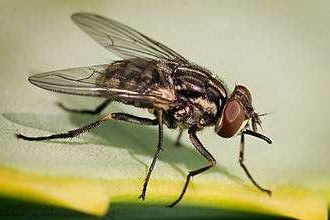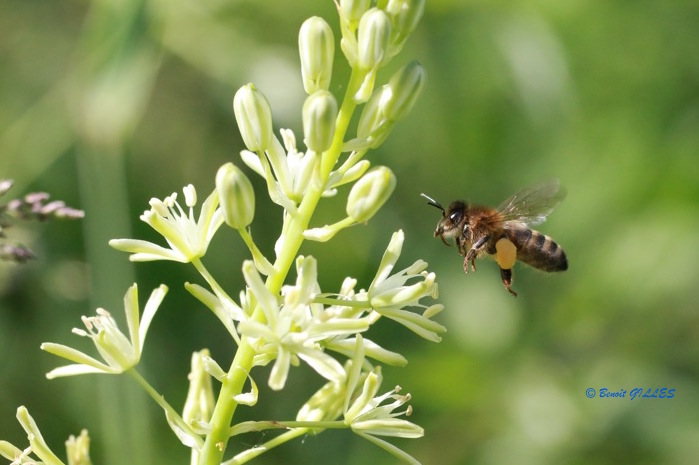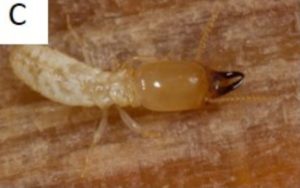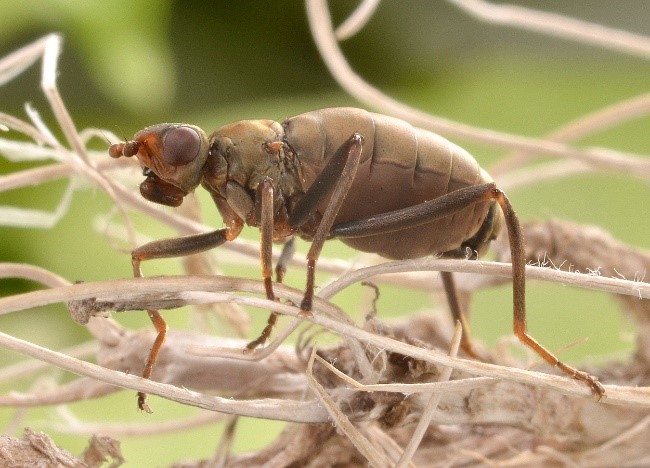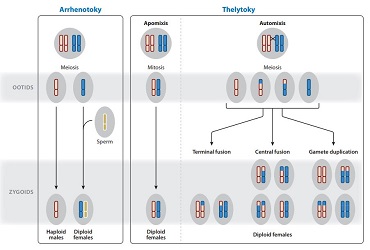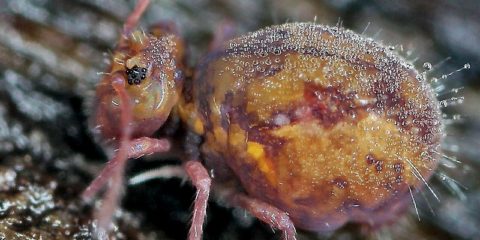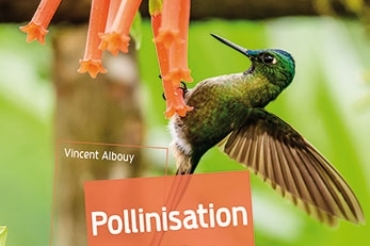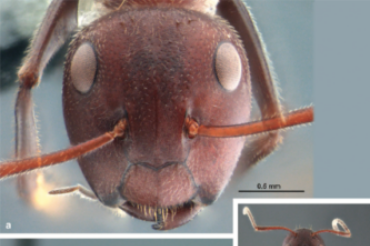By Gérard Duvallet Among the ectoparasites that are a nuisance to livestock and livestock in general, there are, alongside ticks (Mites), several families of Dipterans (Insects). Horn stomoxes and flies (Diptera, Muscidae) and taons (Diptera, Tabanidae) are certainly the most important (photos 1, 2 and 3), due to the nuisance spawned and the possible transmission…
Tag: ecology
Insect disappearance: Causes and consequences
by Benoit GILLES With their presence on Earth for more than 400 million years, their diversity, their adaptability and their abundance, insects are an unprecedented biological success and an essential component to life on our planet. Today, one organism living on two and three out of four animals belong to their order. The ecological functions…
Scale insects: Poorly-know vectors of plant virus
by Etienne Herrbach Exciting study models The scales from the vast superfamily of Coccoidea, rich of over 8,000 species and 33 families (and 16 fossils) (link). Like their sternorrhynchan cousins (aphids, whiteflies, and psyllids), they feed on plant saps using a piercing-sucking mouth apparatus. Their very diverse and sometimes astonishing biological and morphological peculiarities foster numerous studies.…
Termites (Part 1): Biology
by Guillaume BAUDOUIN General The Author: Guillaume Baudouin Following a university course between Angers, Rennes and Poitiers, Guillaume completed his thesis on the problem of termites in Paris as part of a project carried out between the IRBI (Institute of Research on the biology of the insect) and the city hall of Paris between 2013…
The Entomofauna of the French subantarctic islands
by Maurice Hulle The Subantarctic islands, among the most isolated in the world, harbour a small number of native terrestrial invertebrates which, in the course of their evolution, have developed specific biological adaptations, the most notable of which is the loss of The flight function in insects. Since their recent discovery and, above all, since…
Parthenogenesis in insects: synthesis
by Benoit GILLES In order for them to multiply, nature has endowed living organisms with a wide diversity of reproductive systems. In insects, one of these strategies is parthenogenesis. This is based on the development of individuals from unfertilized gametes, thus without the need for fertilization. This strategy is interesting for more than one reason:…
Collembola: small mysterious insects
By Philippe GARCELON Presentation I call myself Philippe Garcelon and now lives in the Toulouse region. I was born in a small village in Cantal and in the 1960’s and 70’s, a lot of my distractions were just nature escapades. I was already starting my first insect collections. Unfortunately I will leave my “playground” for…
Be versatile or specialize? The choice of flowers and their pollinators
By Vincent ALBOUY Specialization/Generalism Specialization is defined as physical, biological and/or behavioural adaptation to a small group of partners. Bryona dioica (Bryona dioica), a wild Cucurbitaceae, flowers in spring in hedges and wastelands. Its greenish-white flowers attract various collectors. Among them, a small blackish bee marked with red, andrène de la bryone (Andrena florea), visits…
Claude Dejoux: a career in the name of entomology
Interview of Claude Dejoux Wetland entomologist IRD Retiree – Chad – Bolivia – Mexico Professional career path Fascinated since childhood by the “things of nature”, I opt for a scientific baccalaureate called at the time “Modern Prime”. With this last diploma in my pocket, I set off in search of a training course in which…
Colobopsis explodens: a detonating ant!!
In the already surprisingly diverse world of ants: morphology, behaviour, adaptation and ecology (read these articles Cataglyphis ; Atta ; Eciton ; Cephalotes ; Force), is added the description of a new species to the capacity of the most singular, that of being able to be literally exploded as a means of defense ! Described…

